Stay in the loop! Follow flux on social media for the latest updates.
Implementing Smart Farming with Flux.id in Vegetable Gardens
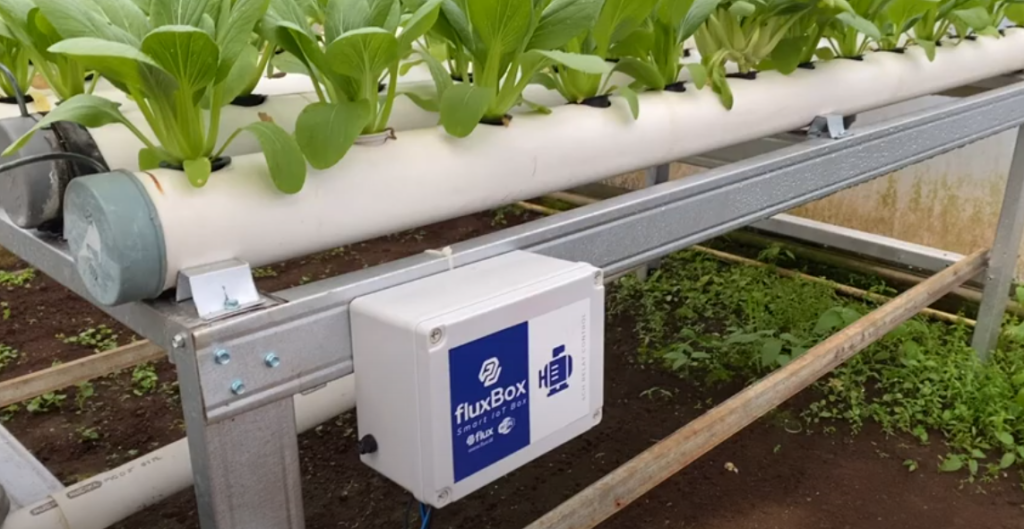
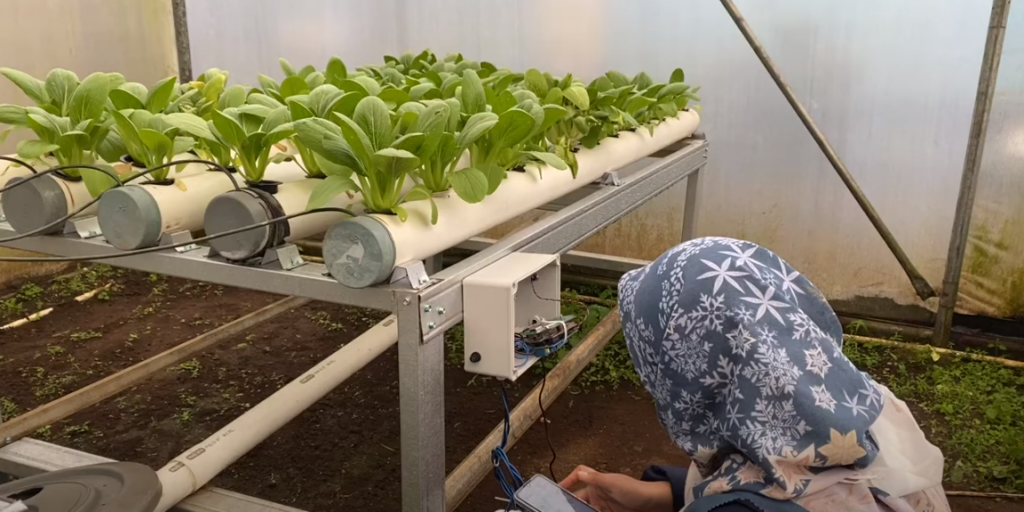
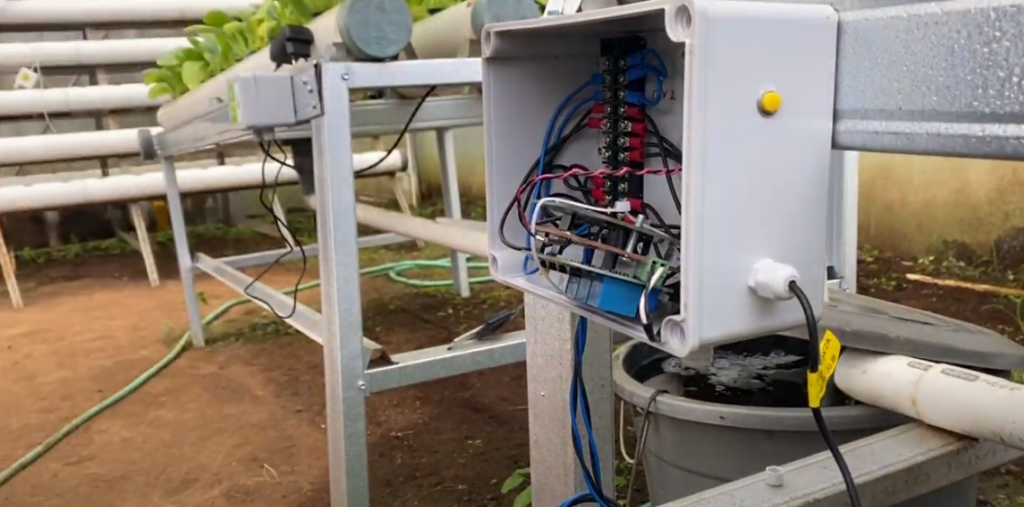
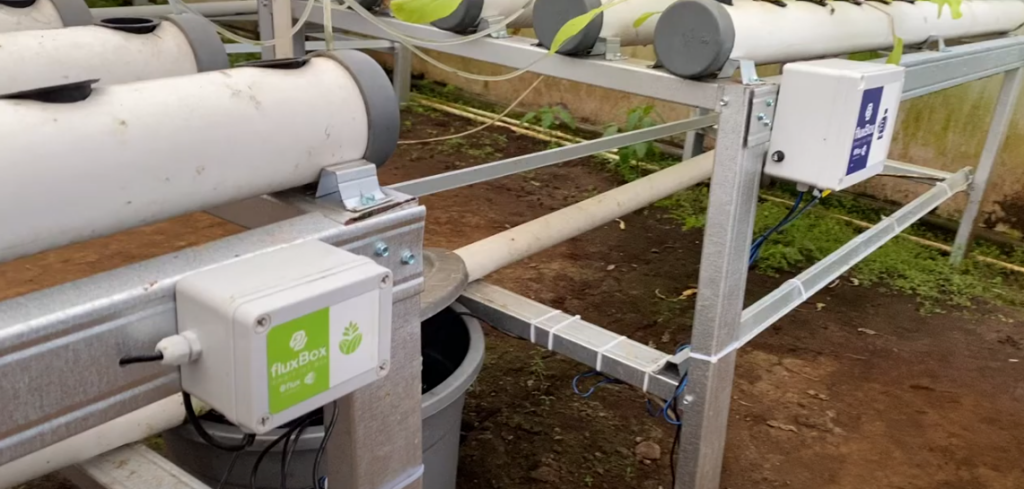
Read also: Optimizing Flux.id Smart Farming in Strawberry Fields
In the midst of the modern agricultural revolution, technology is the key to enhancing efficiency and agricultural yields. One of the recent breakthroughs is the implementation of smart farming with Flux.id in vegetable gardens. This technology not only monitors but also measures real-time values of TDS (Total Dissolved Solids), NPK (Nitrogen, Phosphorus, Potassium), pH, humidity, and temperature in hydroponic gardens with the WICK system.
Accurate Data, Informed Decisions
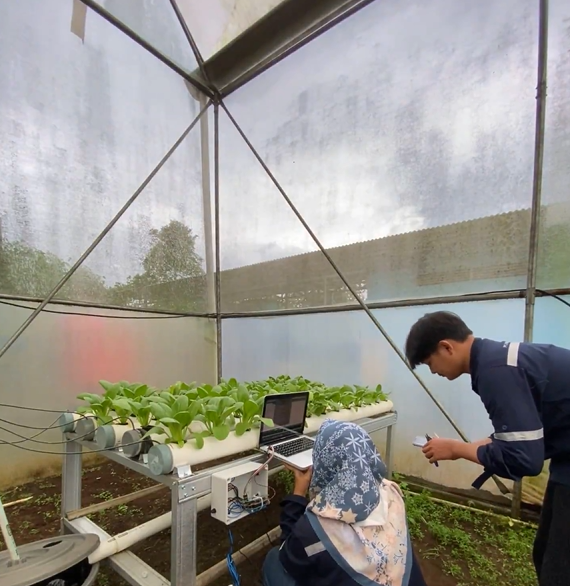
Read also: Waste Management and Recycling Industry
The main advantage of this technology lies in its ability to provide accurate and real-time data, giving farmers the necessary information to make informed decisions. Flux.id not only provides data but also enables better control with automatic pump settings and remote access.
Optimal Environment for Plant Growth
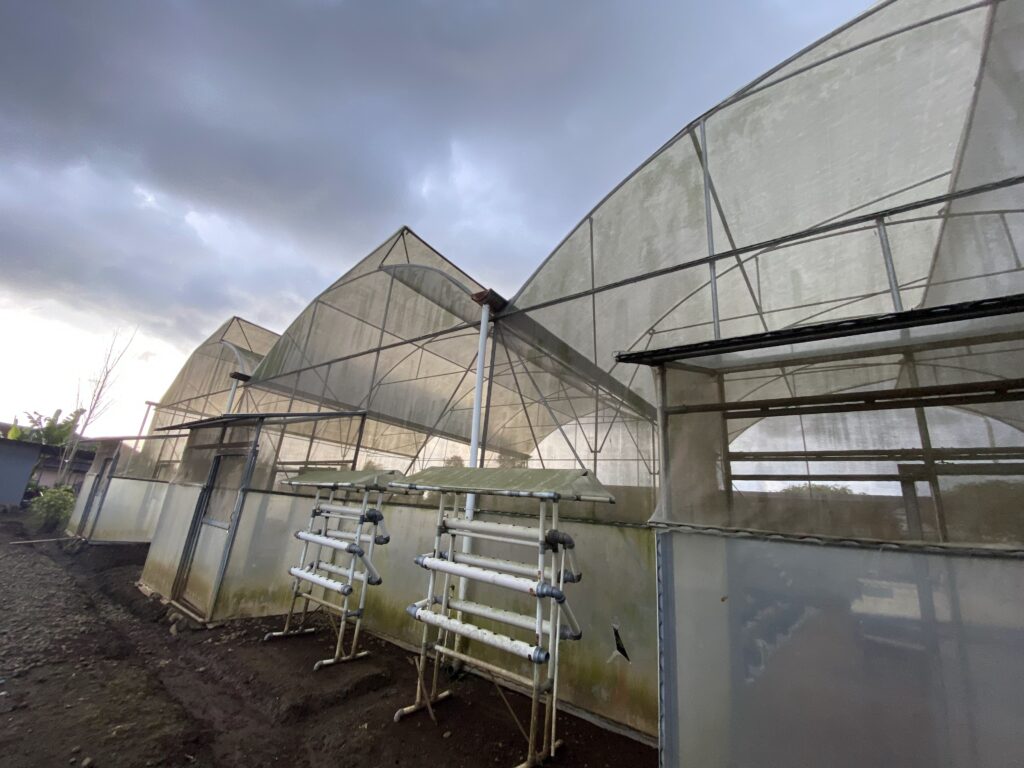
Read also: Environmental and Green Technology Industry
In hydroponic gardens with the WICK system, the use of this technology helps create an optimal environment for plant growth. Accurate monitoring of TDS, NPK, pH, humidity, and temperature allows farmers to adjust nutrient levels and growing conditions according to the needs of the plants.
Sustainable Agriculture
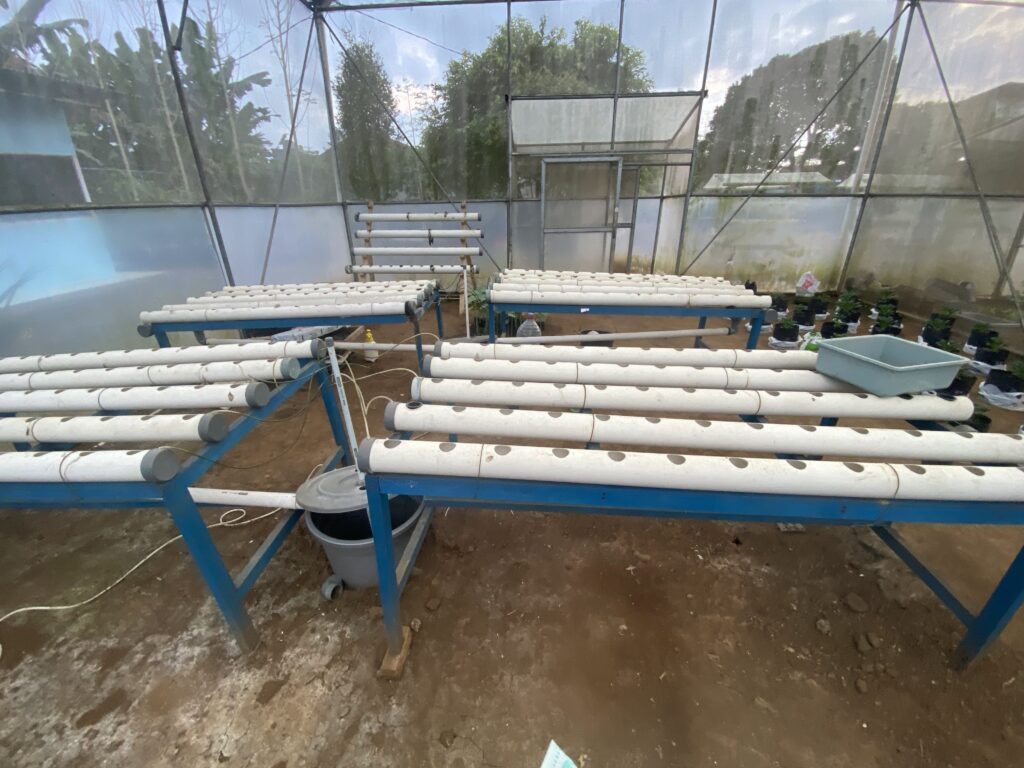
Read also: Optimizing Flux.id Smart Farming in Strawberry Fields
The significance of implementing smart farming with Flux.id in vegetable gardens is not only about increasing yields but also about sustainable agriculture. By minimizing the use of fertilizers and water through better control, this technology contributes to environmentally friendly farming practices.
Automatic and Remote Control
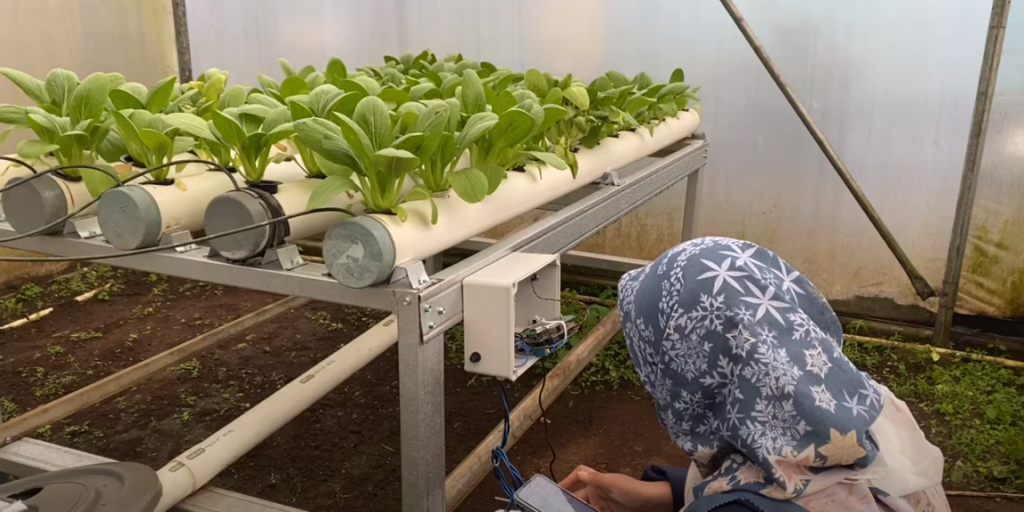
Read also: Implementing Smart Farming with Flux.id in Vegetable Gardens
Through automatic and remote systems, farmers can monitor and control their gardens from a distance. This not only improves time efficiency but also allows for quick responses to changes in weather conditions or plant needs.
Investment for the Future of Farming
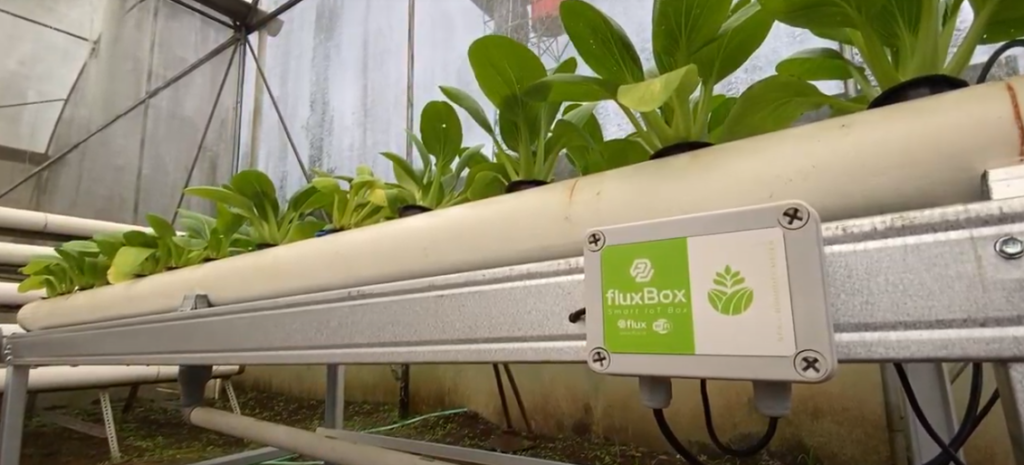
Read also: Research and Development Industry
By adopting smart farming using Flux.id, farmers are not only investing in sustainable agriculture but also paving the way for further innovations in optimizing crop production. In the future, this technology could be the foundation for smarter, more efficient, and sustainable farming practices.
Conclusion
Implementing smart farming with Flux.id in vegetable gardens is not just about advancing agriculture but also opening doors for further innovation. By harnessing this advanced technology, farming becomes not just a job but a journey towards smarter, sustainable, and efficient agriculture.

